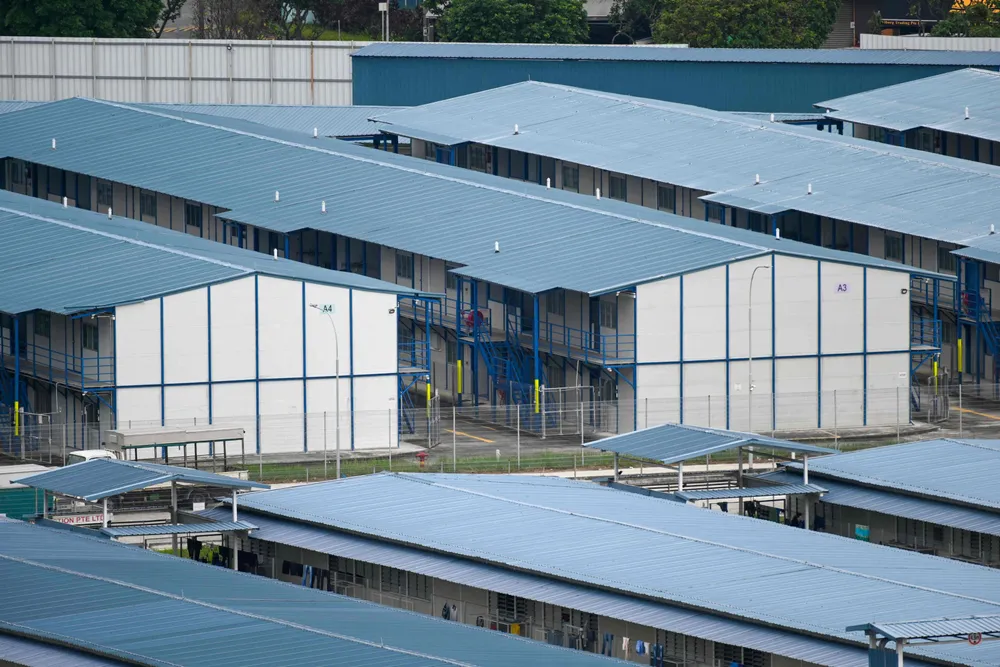Safety scrutiny should keep a watch on labour shortage issues
Every so often an incident occurs that raises new questions about safety in the oil and gas questions, but not all events are as high profile as Deepwater Horizon

Every so often an incident occurs that raises new questions about safety in the oil and gas questions, but not all events are as high profile as Deepwater Horizon
